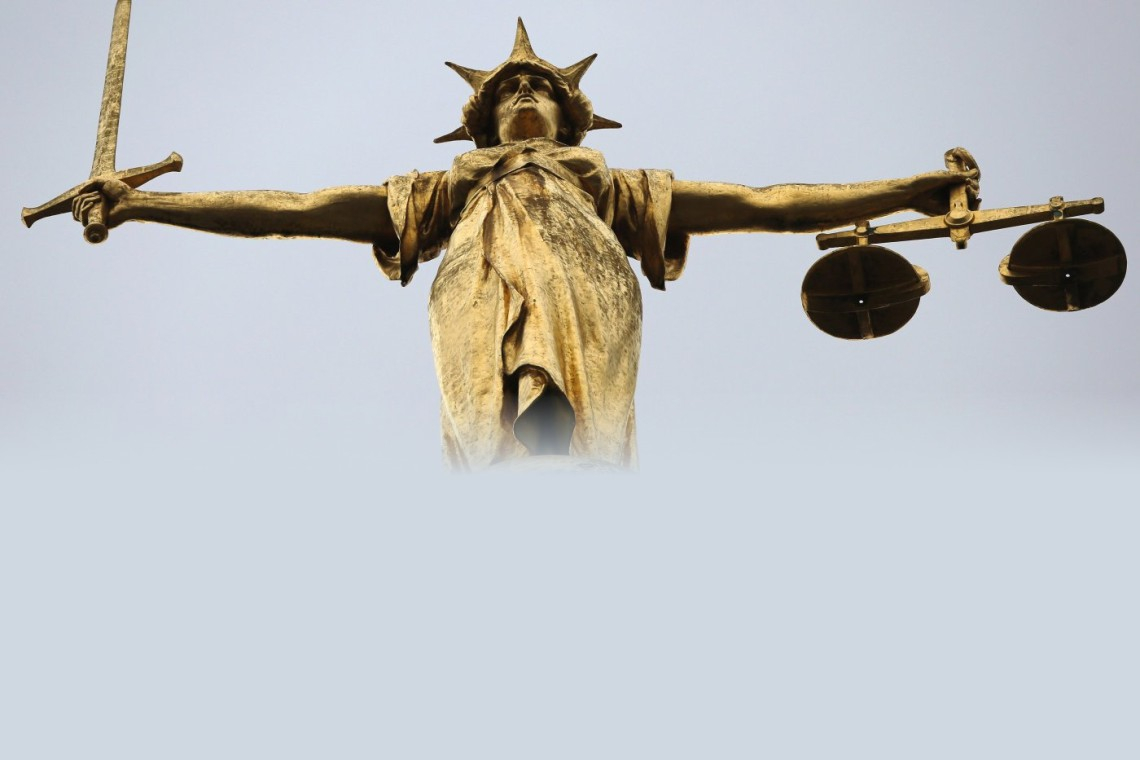Although the Sultanate’s petition failed to advance in 2004, their long-standing efforts now hinge on securing its support by a United Nations member state. Photo credit: Dan Kitwood; Getty Images.
A decade after the violent Lahad Datu insurgency, claiming 72 lives, Malaysia has taken a more assertive stance on the ongoing geopolitical challenges in Sabah. This shift reflects the nation's commitment to safeguarding its sovereignty and security.
In April 2023, Malaysia’s Ministry of Home Affairs officially designated Muhammad Fuad Abdullah Kiram as a terrorist under its anti-money laundering and counter-terrorism laws. Fuad, one of eight individuals claiming to be heirs of the historic Sultanate of Sulu, is among those pursuing legal claims to the Malaysian state of Sabah. Malaysian authorities attributed his terrorist designation to his affiliation with the Royal Sulu Force and involvement in the deadly 2013 Lahad Datu attack. The Philippine government is now facing mounting pressure to address the classification of Fuad as a terrorist.
Meanwhile, the strategy of the Sultanate's heirs has been to pursue their historical claims through various international forums - so far with limited success. In 2022, the Sulu heirs gained a temporary feat when they were awarded $14.9 billion in arbitration. However, the ruling was decisively overturned by a Paris appeals court in March 2023, delivering a significant victory for Malaysia and a massive blow to the claimants.
Desperate to pick up the pieces, the Sulu heirs have reached out to the International Court of Justice (ICJ). The registrar for the ICJ, Philippe Couvreur, clarified in an official response to the Sultanate, that the court does not have jurisdiction over the case. Instead, under Articles 34 and 35 of the ICJ Statute, the matter can only proceed through the UN General Assembly, provided their 2004 petition is formally endorsed by at least one UN member state (such as China). Interestingly, Couvreur’s reply was written just days before Sultan Muedzul, one of the alleged heirs of the Sultanate, was spotted in China, where he was reportedly rubbing elbows with high-profile figures.
The Sultanate’s original petition, submitted to the UN Secretary-General two decades ago, demanded the repossession of North Borneo (Sabah), which they argued Malaysia had unlawfully occupied since its independence in 1963. The petition also sought $25 billion in compensation for use of Sabah’s natural resources.
Although the petition failed to advance at the time, the Sultanate’s long-standing efforts now hinge on securing the support of a United Nations member state, such as China, the United States, or the Philippines. Despite increasing setbacks, two permanent members of the United Nations Security Council—China and the United States—hold historical treaties with the Sultanate of Sulu, another historical claim they will undoubtedly use. Although legal experts deem the Sultanate’s appeal as weak and lacking substantial grounds, it remains a cornerstone of their claim.
REFERENCES
Echeminada, P. (2025, January 27). Legal Fireworks Over Sulu. Daily Tribune. https://tribune.net.ph/2025/01/27/scuttlebutt-160
KnowSulu. (2025, January 24). From France to Foshan: Cohen and Muedzul’s Sell-Out. Know Sulu. https://knowsulu.ph/unforeseen-consequences/from-france-to-foshan-cohen-and-muedzuls-sabah-sell-out-for-china
Othman, F. S. (2019, February 25). VAT 69 commando shares Lahad Datu combat experience after 6 years. NST Online. https://www.nst.com.my/news/nation/2019/02/463638/vat-69-commando-shares-lahad-datu-combat-experience-after-6-years



